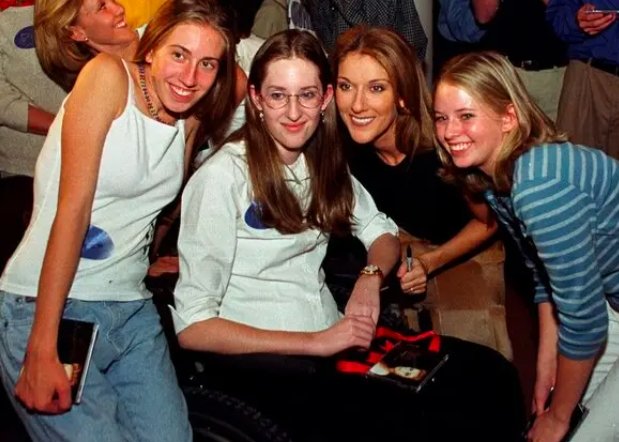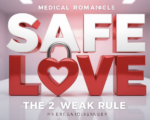Almost 26 years after the Columbine High School massacre, another name has been added to the list of victims. Anne Marie Hochhalter, who was paralyzed in the 1999 shooting, passed away at 43, with medical examiners ruling her death a homicide. Her passing serves as a stark reminder of the lasting impact of that tragic day.
Official Ruling: Columbine Claims Another Life
On February 16, 2025, Anne Marie Hochhalter died from sepsis, a severe condition triggered by an infection. However, her case wasn’t as straightforward as it seemed. The Jefferson County Coroner’s Office in Colorado determined that complications from her paraplegia, a direct result of the 1999 shooting, played a significant role in her death.
Forensic pathologist Dr. Dawn B. Holmes, in a 13-page autopsy report, classified Hochhalter’s manner of death as homicide. This means that although she survived the initial attack, her injuries from that day ultimately contributed to her passing.
With this ruling, the official Columbine death toll rises to 14, further cementing the massacre’s devastating and long-lasting consequences.

A Life Shaped by Tragedy and Strength
Anne Marie Hochhalter was only 17 when she was shot in the back and chest while eating lunch with friends outside Columbine High School. The injuries left her permanently paralyzed from the waist down and in chronic pain for the rest of her life. But the shooting wasn’t the only heartbreak she endured.
Just six months after the attack, her mother, Carla June Hochhalter, died by suicide. She had been battling depression, and the weight of her daughter’s injuries proved too much to bear. Anne Marie, already struggling with her new reality, was left to navigate a world without her mother’s support.
Despite these unimaginable hardships, she pushed forward. Friends and family recall her resilience, describing her as someone who sought to make the best of her circumstances. The family of Lauren Townsend, one of the students killed in Columbine, took her in and embraced her as one of their own. Sue Townsend, Lauren’s stepmother, referred to Hochhalter as an “acquired daughter,” someone who brought “a light to our lives that will shine for a long time.”
A Public Act of Forgiveness
In 2016, Anne Marie made headlines when she publicly extended forgiveness to Sue Klebold, the mother of one of the Columbine shooters, Dylan Klebold. In a heartfelt letter, she wrote, “Just as I wouldn’t want to be judged by the sins of my family members, I hold you in that same regard.”
She spoke about the intense medical struggles she faced, but said she refused to let bitterness consume her. “Bitterness is like swallowing a poison pill and expecting the other person to die,” she wrote. “It only harms yourself.”
Her decision to forgive, despite living daily with the consequences of the shooting, was a powerful statement of grace and resilience.
The Medical Reality of Her Passing
According to her brother, Nathan Hochhalter, his sister’s death was not unexpected, though it was still a painful shock. “We knew her life would be shorter because of her injuries,” he said, “but we didn’t think it would be this bad this soon.”
Pressure sores—common for those living with paralysis—ultimately led to the infection that caused her fatal sepsis.
Nathan acknowledges the complexity of classifying her death as part of the Columbine attack. “She got an extra 26 years,” he said. “She was very independent, but it was not an easy 26 years.”
A table outlining key events in Hochhalter’s life highlights the challenges and milestones she faced:
| Year | Event |
|---|---|
| 1999 | Shot in the Columbine massacre, left paralyzed |
| 1999 | Mother died by suicide six months later |
| 2016 | Publicly forgave the mother of one of the shooters |
| 2025 | Died from complications linked to her injuries |
Her death has once again brought national attention to the Columbine massacre, reminding people of the lasting scars left by that day. While the perpetrators died in 1999, their actions continue to claim lives decades later.












